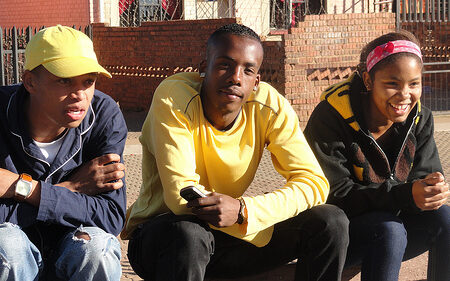South
Africa’s already sky-high official unemployment rate shoots up when discouraged
workseekers are included. Therefore, it
is concerning that the number of discouraged workseekers has more than doubled
since 2008. This is according to data
from Stats SA which annually tracks the number of discouraged workseekers in
the country.
But first, who can be categorised as a discouraged workseeker? Stats SA defines
discouraged workseekers as those who were available and willing to work or
start a business, but had not taken active steps to do so in the survey
reference period. There are a few
reasons for this: A lack of job opportunities in the area, the individual’s
skillset does not match the requirements of available jobs, and being without
work for such a long time that the individual has lost hope of finding any kind
of work.
Based on the official definition of unemployment which excludes discouraged
workseekers, South Africa’s unemployment rate for the second quarter of 2018
stood at 27,2% or 6 083 000 people.
However, when discouraged workseekers are included in the expanded
definition, the figures shoot up to 37,2% or 9 634 000. Furthermore, the steady increase in discouraged
workseekers is indicative of an overregulated labour market and our disastrous
education system. In 2008 before the
global financial crisis, 1 101 000 South Africans were classified as
discouraged workseekers. Ten years
later, that number has increased drastically to 2 864 000 in 2018. There were major increases for all race
groups during the period. Black
discouraged workseekers increased by 156% during that period while the
Coloured, Indian/Asian and White populations saw increases of 118%, 675% and 545%.
South Africa’s high expanded unemployment rate is a more accurate measure of
gauging the level of economic opportunities in the country. The drastic increase in discouraged
workseekers over a ten-year period demonstrates that our system is broken. Yet, President Ramaphosa’s administration has
been slow in implementing reforms due to infighting and a relentless pursuit of
false unity within the ANC – a goal which is clearly more important to the ruling
party than the welfare of the people they govern.
South Africa’s unemployment figures – more than discouraging.
News
-

